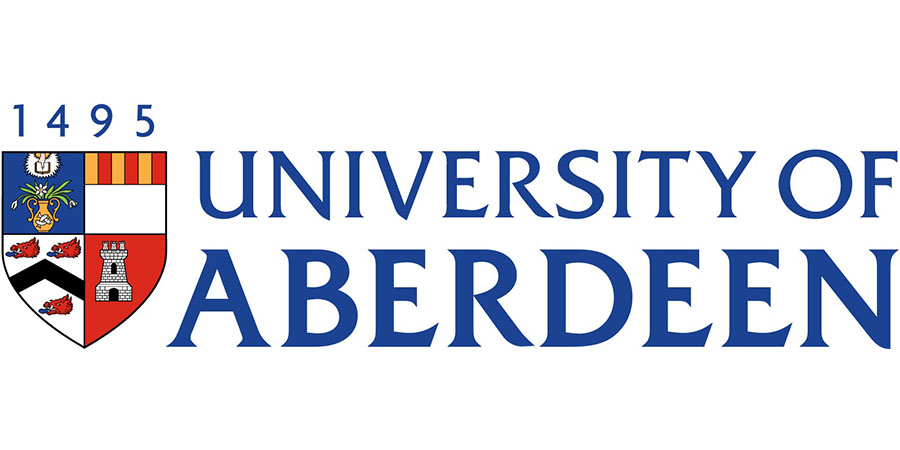Research Fellow
University of Aberdeen - Medicine, Medical Sciences & Nutrition
| Location: | Aberdeen |
|---|---|
| Salary: | £38,249 to £41,671 per annum |
| Hours: | Full Time |
| Contract Type: | Fixed-Term/Contract |
| Placed On: | 25th July 2025 |
|---|---|
| Closes: | 8th August 2025 |
| Job Ref: | IMS310R |
Type of Contract: Full-time, Funding Limited for 26 months (or until 30 November 2027)
The School of Medicine, Medical Sciences and Nutrition (SMMSN) has a long history of developing novel imaging technologies, especially in Magnetic Resonance Imaging (MRI). In 1980, The University of Aberdeen performed the world’s first diagnostic MRI scan of a patient, using a scanner invented and built in Aberdeen. Based on this legacy, the University of Aberdeen continues to promote and push the boundaries of MRI technology development.
Our group has developed a novel and unique type of whole-body imaging system named Field-Cycling Imaging (FCI, https://www.abdn.ac.uk/smmsn/research/abic/fast-field-cycling-mri/#panel96936 ). FCI scanners are derived from MRI but, unlike standard MRI, they can use NMR T1 dispersion by rapidly changing their magnetic field strength to explore the magnetic properties of biological tissues over a wide range of magnetic fields. MRI scanners operate at a fixed field and cannot measure such information.
Our clinical research shows exciting results in a variety of studies including cerebrovascular disease and stroke, breast cancer and brain gliomas. Indeed, NMR relaxometry at multiple fields is a powerful method for the non-invasive investigation of molecular dynamics, as it is directly linked to the motion of water and lipids, which are affected by pathological tissue remodelling. This technique has been used for more than 50 years on non-imaging NMR devices to explore a variety of systems, from concrete to gelatine or ionic liquids, and offers many opportunities over a wide range of applications.
The main purpose of this role is to apply our novel Field-Cycling technology to glioblastoma patients, to try to distinguish tumour progression from pseudo-progression. This will include the development of optimised 3D pulse sequences for FCI neuroimaging, collection of FCI and 3T MRI data and the analysis of images for the extraction of quantitative parameters such as R1 (1/T1).
Salary will be at the appropriate point on the Grade 6 scale, £38,249 - £41,671 per annum, pro rata and negotiable with placement according to qualifications and experience.
Informal enquiries should be made to Prof Anne Kiltie (anne.kiltie@abdn.ac.uk).
Prior to employment, the successful candidate must be able to demonstrate their right to work in the UK. This role may be eligible for sponsorship under the Skilled Worker route under the UKVI immigration rules but is dependent on factors specific to the candidate and if tradeable points can be used under the rules. As this post is funded by the Scottish Government Chief Scientist Office, the successful candidate may also be eligible for a Global Talent Visa.
Information on other visa options is available at https://www.gov.uk/check-uk-visa.
Please do not hesitate to contact Grant Rae, HR Adviser (e-mail: grant.rae@abdn.ac.uk ) for further information.
To apply online for this position click the 'Apply' button above.
Job Reference Number: IMS310R
The closing date for the receipt of applications is 08 August 2025
Advert information
Type / Role:
Subject Area(s):
Location(s):









